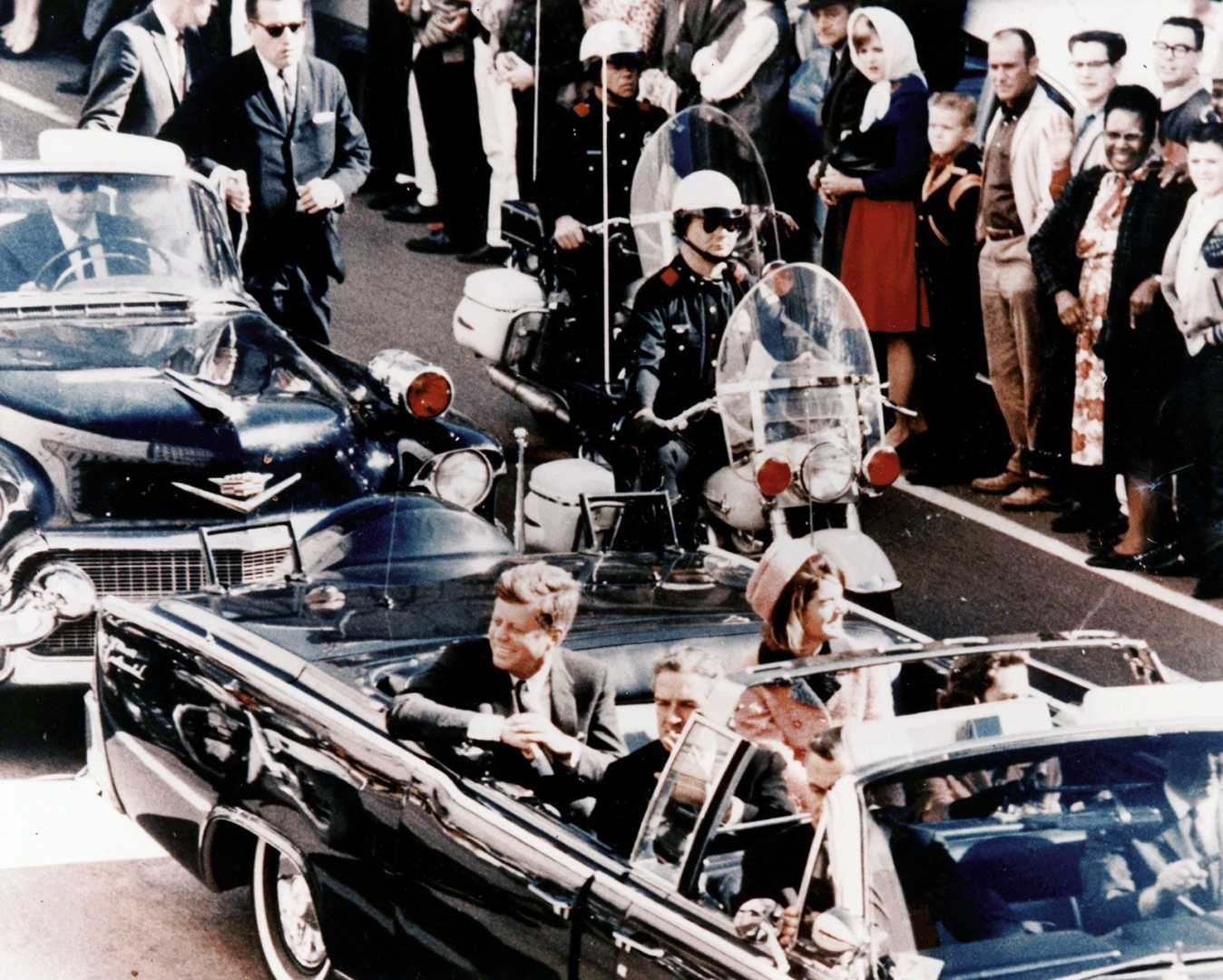News
Reflecting on JFK’s Assassination: A Childhood Lost

Dallas, Texas — On Nov. 22, 1963, a young boy’s childhood changed forever when President John F. Kennedy was assassinated in Dallas. At just 12 years old, the author recalls the innocence of his youth contrasted against the backdrop of national tragedy.
While in a 7th grade spelling test, the principal entered the classroom with the shocking news, ‘The president is dead. He was shot.’ This moment marked a profound shift in the author’s understanding of the world around him.
That afternoon, schools closed early, and the boy walked home through autumn leaves, eventually finding his father weeping while watching the news on television. The air was thick with shock as images of the motorcade and press converged filled the screen. Two days later, the television broadcast the murder of Lee Harvey Oswald by Jack Ruby.
The author’s memories of JFK’s funeral remain vivid. He recalls the iconic scenes, including the flag-covered coffin on a horse-drawn caisson and the heartbreaking image of the president’s young son saluting. These moments symbolized a collective mourning that enveloped the nation.
Recently, the author visited the Sixth Floor Museum at Dealey Plaza, where he gazed out the window from which Oswald fired the fatal shots. He viewed historical artifacts, including replicas of Oswald’s rifle and the camera that captured the event, underscoring the tragedy’s gravity.
In a speech to Congress shortly after Kennedy’s death, then-Vice President Lyndon B. Johnson emphasized the need to honor Kennedy’s legacy through civil rights legislation. He stated, “Let us here highly resolve that John Fitzgerald Kennedy did not live — or die — in vain.”
Years later, reflecting on these events with Eunice Kennedy Shriver, the author found comfort in discussions of faith and endurance amidst suffering. Johnson’s remarks about American unity resonate strongly: differences can yield strength rather than weakness.
As he recalls that fateful day, the author feels a bittersweet acknowledgment that the innocence of his childhood was irrevocably altered with the assassination of JFK.












